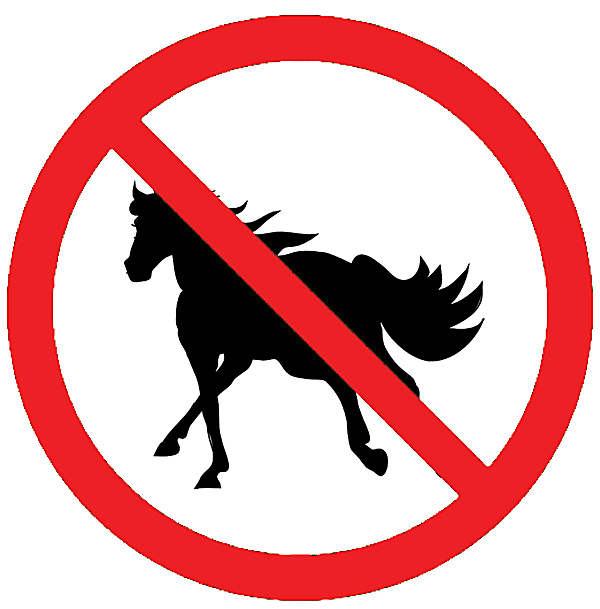Raising Soring Awareness Vital To Stopping This Horrible Practice
Have you ever seen a horse show in person or on TV? The Tennessee walking horse known for being in competition and horse shows but there is a horrifying truth to this known as soring. Soring is an equine abuse that has been around since Tennessee walking horses became popular in 1935 and was made illegal in 1970. Since president Donald Trump’s inauguration in January 2017 he has halted a lot of amendments including the anti-soring policy. Some people believe it is necessary to train this way. I believe that this form animal abuse is wrong, inhumane, and not the correct way to train an animal.
Soring is a form of torture by applying chemicals on the legs and feet of gaited equine. Gaited means a horse has a natural ability to have a smooth ride when trotting. Soring is common in the Tennessee walking horse and other common gaited horse breeds don’t have very many cases. Soring is a serious abuse because equine are forced to have an extensive high stepping gait known as the “Big lick.” The gait is unnatural for a horse to move but is used for Competition to win large prizes such as money.
There are two types of soring: chemical and mechanical. Chemical soring is applying chemicals to the pasterns and apart of the coronet band that can cause blistering, irritation, or inflammation to the skin to the point of being in so much pain and are unable to walk.
Mechanical soring is using objects sore. Stacks are 5 inches high filled with a variety of substances and is dangerous because it can tear off the shoe that can tear a good part of the hoof wall. Chains worn around each pastern that are a little bit annoying to extremely painful. They are heavy and bang against the sore area. Pressure Shoeing is harder to identify. It is a metal shoe that is extremely painful. Road Foundering ridden up and down a hard surface until they have sore feet.
You can tell that an animal has been sore by the way they behave because they are distressed and refuse to lift up their hoofs. Distress such as shifting from one foot to another and rearing to get away because they are in pain.
I believe that soring is not the correct way to train. There is a way to help stop more equine from getting sored. For example volunteer at an animal shelter because this will free up some time to rescue sored horses and other animals that might need help and help eliminate these competitions and soring or donate money to a shelter.

Jilene Jensen has been in journalism for two years. She wants to advocate for those you can’t advocate for themselves, that includes animals and the...






